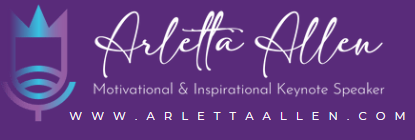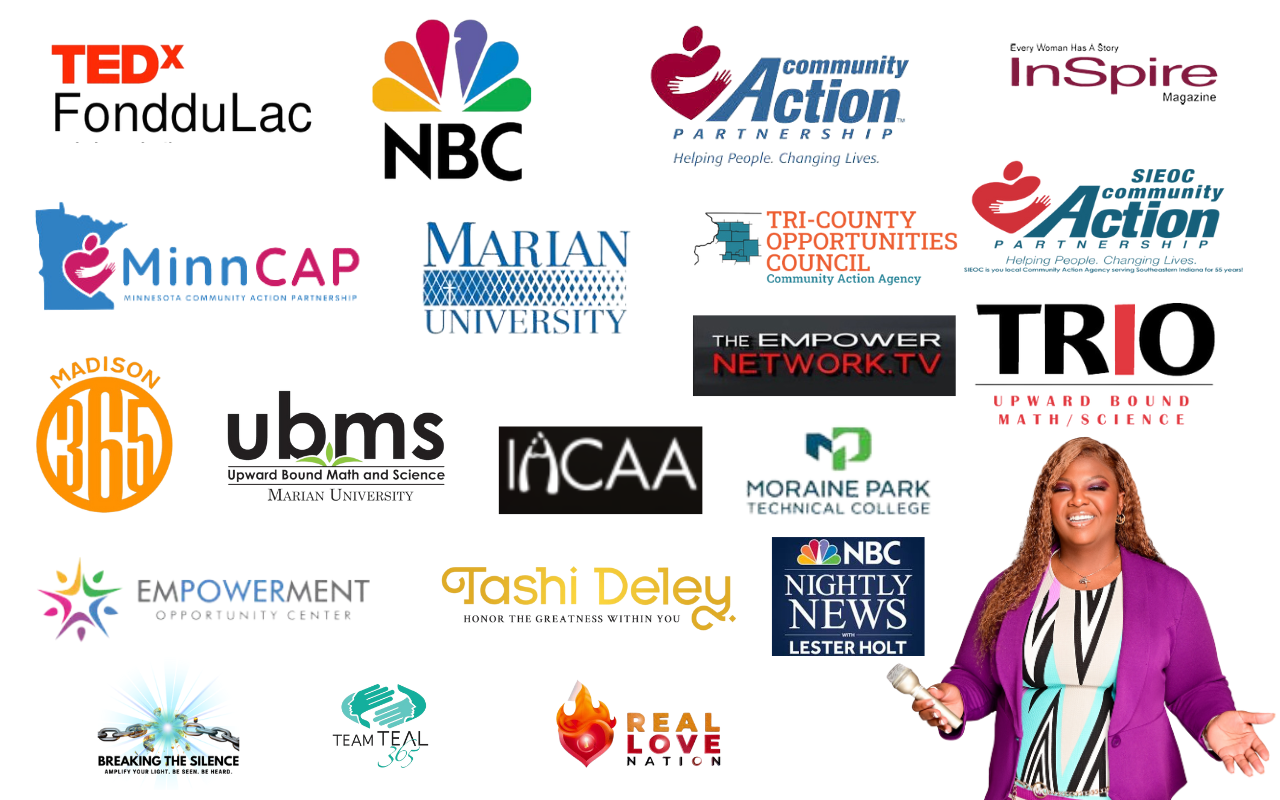By ARLETTA ALLEN
•
November 12, 2023
Healing is an art, a science, and a calling that requires a deep understanding of the human experience. As a healing coach, you become a beacon of guidance and support for those seeking to overcome personal challenges and improve their wellbeing. The journey to become a qualified healing coach is as transformative for the coach as it is for the client. Here's a step-by-step guide on how to embark on this rewarding career path. Step 1: Self-Reflection and Understanding Before you can guide others, you must embark on your own journey of self-discovery. Reflect on your motivations, strengths, and areas for growth. Ask yourself if you possess the empathy, patience, and communication skills necessary to be an effective coach. Personal experience with healing, whether through overcoming your own adversities or helping others, can provide invaluable insight and empathy in your coaching practice. Step 2: Formal Education and Training While there is no one-size-fits-all approach to becoming a healing coach, formal education in psychology, counseling, social work, or a related field can provide a strong foundation. Look for specialized training programs that offer certifications in healing modalities that resonate with your coaching philosophy, such as holistic health, life coaching, mindfulness, or energy work. Step 3: Choose Your Specialization Healing is a broad field. Determine your niche by considering what areas you are passionate about. Do you want to help people with emotional trauma, physical health, spiritual growth, or life transitions? Your specialization will shape the course of your training and the clients you attract. Step 4: Gain Practical Experience Practical experience is crucial. Start by volunteering your services to gain experience and feedback. You can also seek mentorship or supervision from established coaches. This hands-on practice is invaluable for developing your coaching style and understanding the diverse needs of clients. Step 5: Build a Strong Ethical Foundation Adherence to a strong ethical code is paramount in coaching. Familiarize yourself with the International Coaching Federation's (ICF) code of ethics or similar standards to ensure you maintain professionalism and protect your clients' confidentiality and wellbeing. Step 6: Develop Your Personal Healing Philosophy Your unique healing philosophy will be the cornerstone of your practice. It should be a blend of your personal beliefs, the knowledge you've gained through education, and the wisdom you've gleaned from practical experience. This philosophy will guide your approach to coaching and how you interact with clients. Step 7: Certification and Continuing Education Obtaining a certification from a recognized coaching organization can lend credibility to your practice. It also ensures that you are up to date with the latest techniques and theories in the field. Continuing education is also essential for maintaining your certification and keeping your skills sharp. Step 8: Establish Your Practice With certification in hand, it's time to establish your practice. Decide whether you want to work with clients in person, online, or both. Develop a business plan, set your rates, and create a welcoming space for your clients. Remember, your practice should reflect your healing philosophy and make your clients feel safe and supported. Step 9: Marketing and Networking Develop a marketing strategy to attract clients. Create a professional website, utilize social media, and network with other health professionals. Building relationships with other coaches and practitioners can lead to referrals and collaborative opportunities. Step 10: Self-Care and Personal Growth Finally, remember that to be an effective healing coach, you must also prioritize your own wellbeing. Regular self-care practices, ongoing personal development, and supervision can help prevent burnout and ensure you can provide the best possible support to your clients. Conclusion Becoming a healing coach is a journey of growth, learning, and commitment to others' wellbeing. It's a path that calls for a deep dedication to the art of healing and a willingness to continually evolve both professionally and personally. With the right training, experience, and passion, you can make a significant impact on the lives of those seeking guidance and healing.













